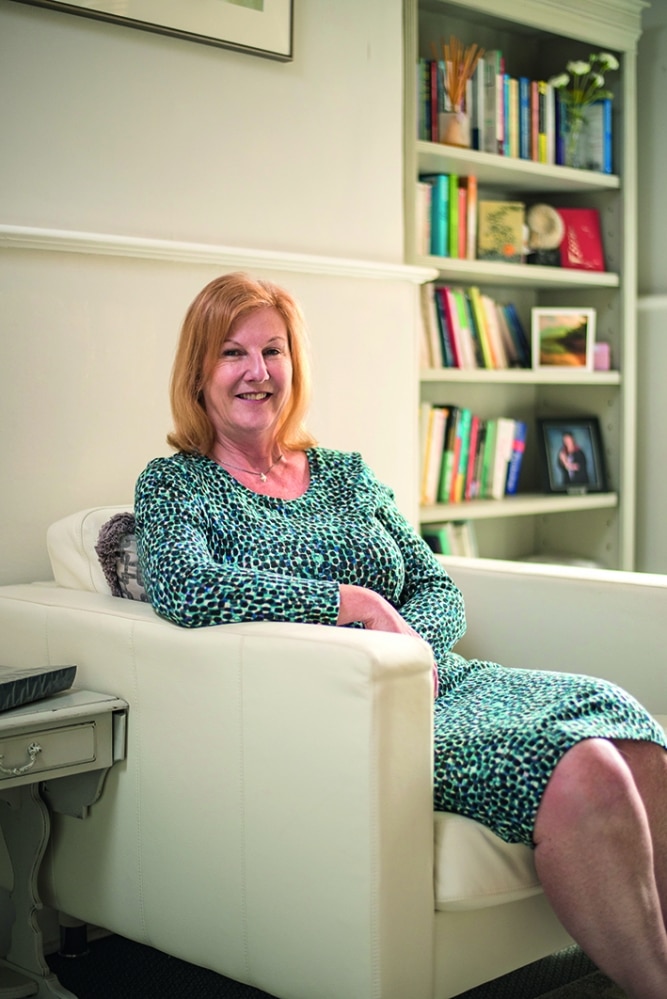If retail therapy is your vice then you can turn Black Friday into a virtue by shopping smart and avoiding maxing out on your credit card. I have seen many shopaholics over the years who have a compulsive buying habit which has got them into serious debt.
When is a bargain not a bargain? There are some seriously good deals out there on and around Black Friday, a now well-established spend-fest imported from the US, consumer capital of the world. This retail marketing campaign at the end of November creates a pre-Christmas frenzy which regularly smashes sales records.
But if you can’t resist the designer party dresses at high street prices or splashing out on bargain gifts galore, they can be way more expensive than full price by the time you’ve factored in sky high APRs on a credit card that keeps on giving and never seems to be paid off.
Black Friday can leave you out of pocket and disappointed with your purchases when you ‘come down’ from the euphoria of recklessly overspending
Like many addictions, overspending is a habit which typically starts in early adulthood. How many of us can sheepishly recall paying off multiple store credit cards through the twenty-something years? Money is so easy to borrow with elastic plastic. Fleeting fashion trends tempt impulse purchases which are often consigned to the back of the wardrobe long before they have been paid for.
Researchers at Bergen University have identified the following symptoms of shopping addiction:
1. Obsessing about shopping all the time
2. Shopping to feel better
3. Buying more stuff to repeat the good feelings
4. Buying so many things you can’t afford that you can’t pay your bills
5. Feeling depressed about overspending
6. Being unable to cut back on shopping, even if you want to
7. Feeling bad if you can’t shop
Chances are, if you suffer from any of these tendencies, Black Friday will leave you out of pocket and disappointed with your purchases when you ‘come down’ from the euphoria of recklessly overspending.
Advertisers and influencers run sophisticated campaigns aimed at bypassing impulse control, stimulating a desire for instant gratification and creating a biochemical ‘fix’ of feelgood dopamine and serotonin. Their effect can hypnotise us into believing we’re missing out if we don’t buy something, or that we have to have it, even if it’s useless, or that a product is something special when it isn’t. These are scientifically devised to optimise profits. Just look at the madness surrounding those must-have toys every Christmas which barely make it to Boxing Day before being discarded or forgotten.
Savvy shoppers are harder to win over because they don’t buy the hype. And being a savvy shopper means strategically capitalising on the many genuine offers available in a competitive retail marketplace where price, quality, alternative choices and consumer reviews are available at the click of a button. Here are some ways to score bargains without breaking the bank:
- Have a plan or make a list
- Resist impulse purchases
- Check price comparisons online
- Know what Black Friday offers are genuine and check reviews
- Get alerts from your favourite store
- Download an app
- Shop for big ticket items first
- Go to stores that participate in credit card reward programmes or cashback scheme
- Haggle
Don’t let Black Friday turn into a blue January or a February, March, April and beyond in the red. If you recognise you have a shopaholic problem and have discovered that spending can’t buy you happiness, it may be symptomatic of other psychological issues like depression or low self-esteem.
Like chocolate or alcohol, overspending can be a means to avoid or deny issues you can’t face. Or it can be a habit triggered by loneliness, boredom, stress or anxiety. Mindfulness is a key to recovery, enabling you to become more aware of the patterns you run and the emotions they are driven by. It will help you find the self-awareness to seek less expensive, more effective solutions to feelings that cannot be fixed with cash.
The priceless well-being that comes from living within your means, feeling joy from spending hard-earned money on things you cherish or getting pleasure from giving to others and having a bit to spare for unpredictable times ahead is a delayed gratification which beats the temporary high of an impulse buy.








